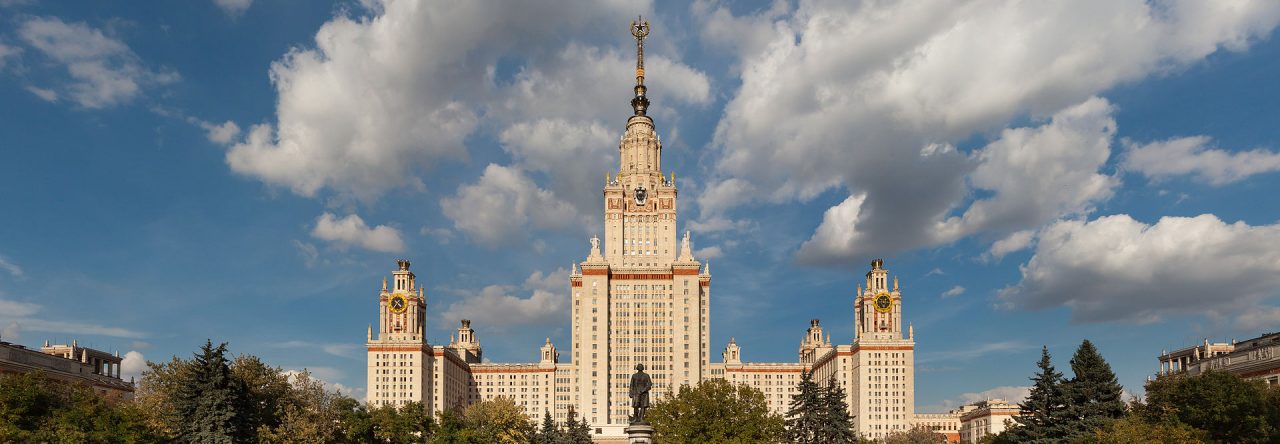Putin wants to see practising professionals who are “working in the real economy” employed at higher education institutions alongside young and inspired researchers and faculty. He pointed to the achievement of 100% employer-sponsored education in medical residency training for the most in-demand programmes and called for new thinking on ways to update the system for training top-notch researchers and faculty in other key professions.
During his speech Putin dismissed widespread and repeated calls for a return of all universities to the Soviet system of assigning graduates to workplaces, saying such mandatory measures would not solve any problems.
The initiative for the massive closure of inefficient universities in Russia was initially put forward by Putin two years ago.
At the time the president explained this as the need to reduce the number of higher education institutions in the country that “provide only diplomas without real knowledge to their students”.
Since the end of 2017 the number of universities in Russia has declined by almost 30%, and the number of branches by more than 60%. As a rule, most of these branches are located in Russian regions.
In 2018 alone, the Russian Federal Service for Supervision in Education and Science (Rosobrnadzor) closed 46 such universities and suspended licences of more than 20.
According to some Russian analysts in the field of higher education, the most complex situation with such ‘inefficient’ universities is currently observed in Moscow and St Petersburg, where more than 200 universities, a quarter of the country’s total, are based. Putin himself referred to this in his speech as a “major challenge when it comes to balanced development throughout Russia”.
University leaders back mergers and closures
In the meantime, representatives of the Russian university community have supported the latest initiative of the president.
Viktor Sadovnichy, head of Moscow State University, said: “I don’t think that was a direct order of the president to close more universities in Russia during the recent meeting of State Council, but we know for sure that there are serious problems with the diploma level as well as the level of university graduates in some regions of Russia.”
According to Sadovnichy, the decisions for merging or closure of universities in Russia are usually based on objective research, which indicates that such a university is no longer able to issue high-quality diplomas.
The same position is shared by Alexey Lubkov, head of the Moscow State Pedagogical University, a major educational and scientific institution in Moscow.
“We support this initiative. It is necessary to support universities that really train personnel for economics and the social sphere, instead of structures that use the sign of a university to solve its private commercial problems,” Lubkov said.
According to some Russian higher education analysts, the poor-quality education provided by some Russian universities results from the reluctance of their owners to hire highly qualified teachers and pay high salaries for them. This is also contrary to the presidential decree from May 2012, according to which the salaries of university teachers and researchers should be two times higher than the average salary in the region in which the university is located.
Quelle: University World News
Pages: 12


Comments are closed.